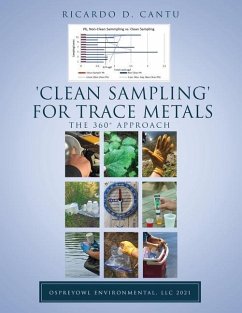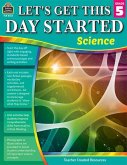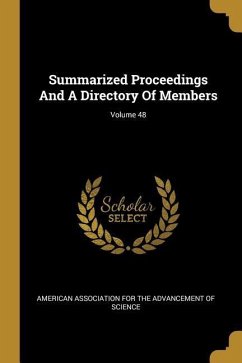Trace-metal water quality sampling is plagued by poor technique. In many instances, the sampler contributes upwards of 80% of the metal concentration that is not present in the original sample. Expensive water treatment options are the unintended consequence. The complicated approach used for the past 25 years is broken down into simple steps without specialized equipment. The less is more approach drastically reduces potential contamination sources during the sampling process. The book pinpoints hundreds of conditions and anticipated concentrations that add pollutants during the sampling process. Duplicate samples are examined to determine why there is a difference in values. Cosmetics, brake dust, clothing, jewelry, eyeglasses, wind direction, sample location, and structures contribute minimal metal contamination. Included is the information to understand waterway characteristics and contamination sources. The video training that accompanies this book is at www.ospreyowl.com. Thus, you can reach the next level of being a water sampling expert. Ricardo (Rick) Cantu is semi-retired, owner of OspreyOwl Environmental, and has worked in the wastewater field for 42 years. Rick's introduction to 'Clean Sampling' happened in 1993 as Project Manager for the Taunton, Massachusetts Wastewater Plant. Subsequent positions included overseeing the pretreatment and Phase II MS4 programs for Manchester, NH. These programs required extensive sampling, a second nature activity for this Author. In 2000 the EPA began issuing permits in New Hampshire and Massachusetts requiring metal limits. Rick successfully completed a study with the NHDES that removed metals treatment from the Manchester Permit. After retirement, Rick completed similar sampling projects for several plants in both states. Again, the result was metals concentrations below Water Quality criteria and the elimination of metal limits in facility permits. Rick's documented experience and success provide a road map for obtaining high-quality, trace-metal data under many sampling scenarios.
Hinweis: Dieser Artikel kann nur an eine deutsche Lieferadresse ausgeliefert werden.
Hinweis: Dieser Artikel kann nur an eine deutsche Lieferadresse ausgeliefert werden.








